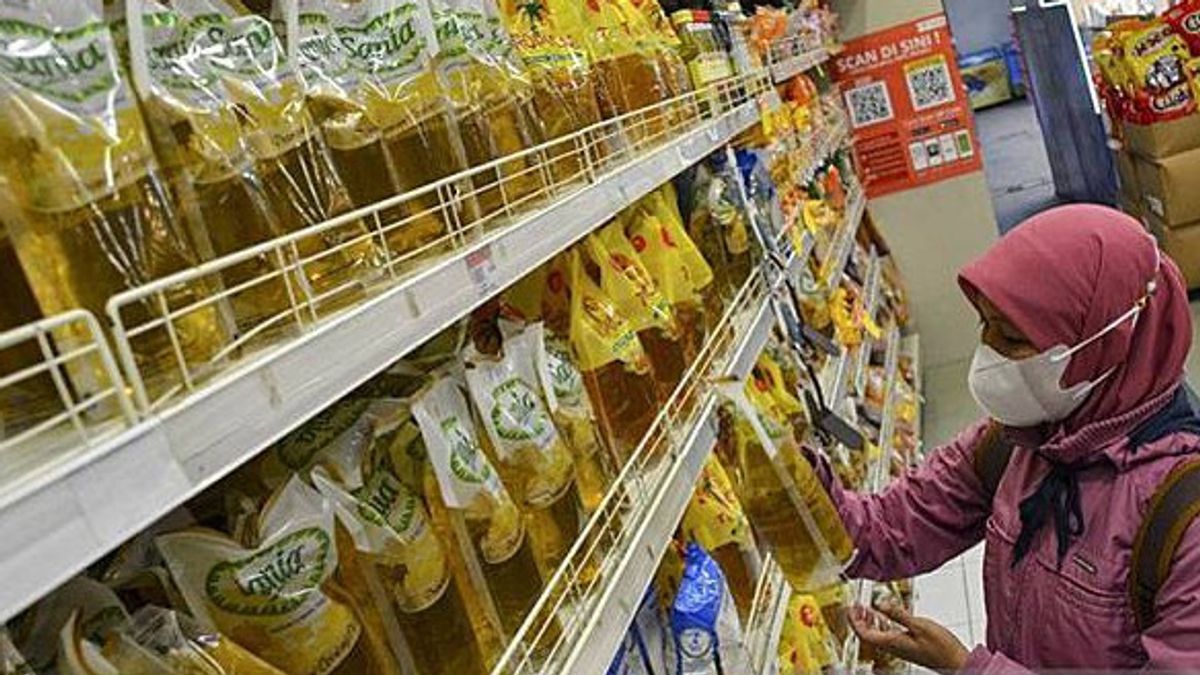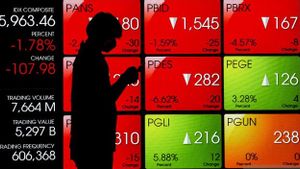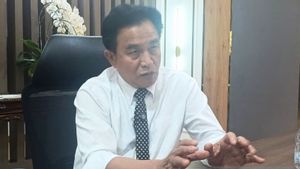JAKARTA - The existence of cartels in the cooking oil trade system is getting noticed. The Business Competition Supervisory Commission (KPPU) has just found one piece of evidence in the alleged investment in the cooking oil cartel. Now, KPPU is targeting eight big companies in the cooking oil cartel case.
KPPU's Director of Investigation, Gopprera Panggabean, said that the eight large companies controlled 70 percent of the cooking oil in the market.
"We will explore 8 large groups of business actors who dominate the market share. Because the small ones can only be price followers (following the price)," Gopprera said in a press conference, quoted on Wednesday, March 30.
Unfortunately, Gopprera did not specify the eight companies involved in the cooking oil cartel. He only said that KPPU was trying to find additional evidence such as economic and behavioral evidence.
"Because the confession is very difficult to obtain. When the evidence has been collected, the conclusion will be seen, whether it supports it or not," he explained.
KPPU also explores the control of CPO and DMOGopprera revealed that KPPU is also trying to explore the control of crude palm oil (CPO) or crude palm oil which is included in the domestic market obligation (DMO).
Furthermore, Gopprera explained that KPPU will investigate whether these companies sell to companies that do not own palm oil.
"We will see. We have seen several financial reports, but they are still consolidating. We will see more detailed financial statements and we will look down. This depends on how quickly they submit," he said.
KPPU finds one piece of evidence
Previously, KPPU had found one piece of evidence in the law enforcement process related to the sale or distribution of national cooking oil that led to the alleged cartel.
Director of Investigation Gopprera Panggabean said through these findings, this week the status of law enforcement has been able to be upgraded to the investigation stage. Especially for alleged violations of Article 5 (pricing fixing), Article 11 (cartel), and Article 19 letter “c” (mastery of the market through restrictions on the circulation of goods/services).
"With these findings, the investigation process is carried out within a maximum period of 60 working days and can be extended," he said in an official statement, Monday, March 28.
For information, KPPU has started the law enforcement process since January 26, 2022 in order to find evidence of alleged violations of Law Number 5 of 1999 regarding the increase in cooking oil prices since the end of 2021 in accordance with the recommendation of a study carried out by KPPU.
In the initial process of law enforcement, the investigation team has invited and requested data/information from around 44 related parties, particularly producers, distributors, associations, government, packaging companies and retail players.
Through this process, said Gopprera, the investigative team has found one piece of evidence that strengthens the alleged violation of the law, particularly on the articles on price fixing, cartels, and market domination.
"The investigation will focus on fulfilling the alleged elements of the article being violated, determining the identity of the reported party, and searching for at least one additional piece of evidence," he said.
The English, Chinese, Japanese, Arabic, and French versions are automatically generated by the AI. So there may still be inaccuracies in translating, please always see Indonesian as our main language. (system supported by DigitalSiber.id)













